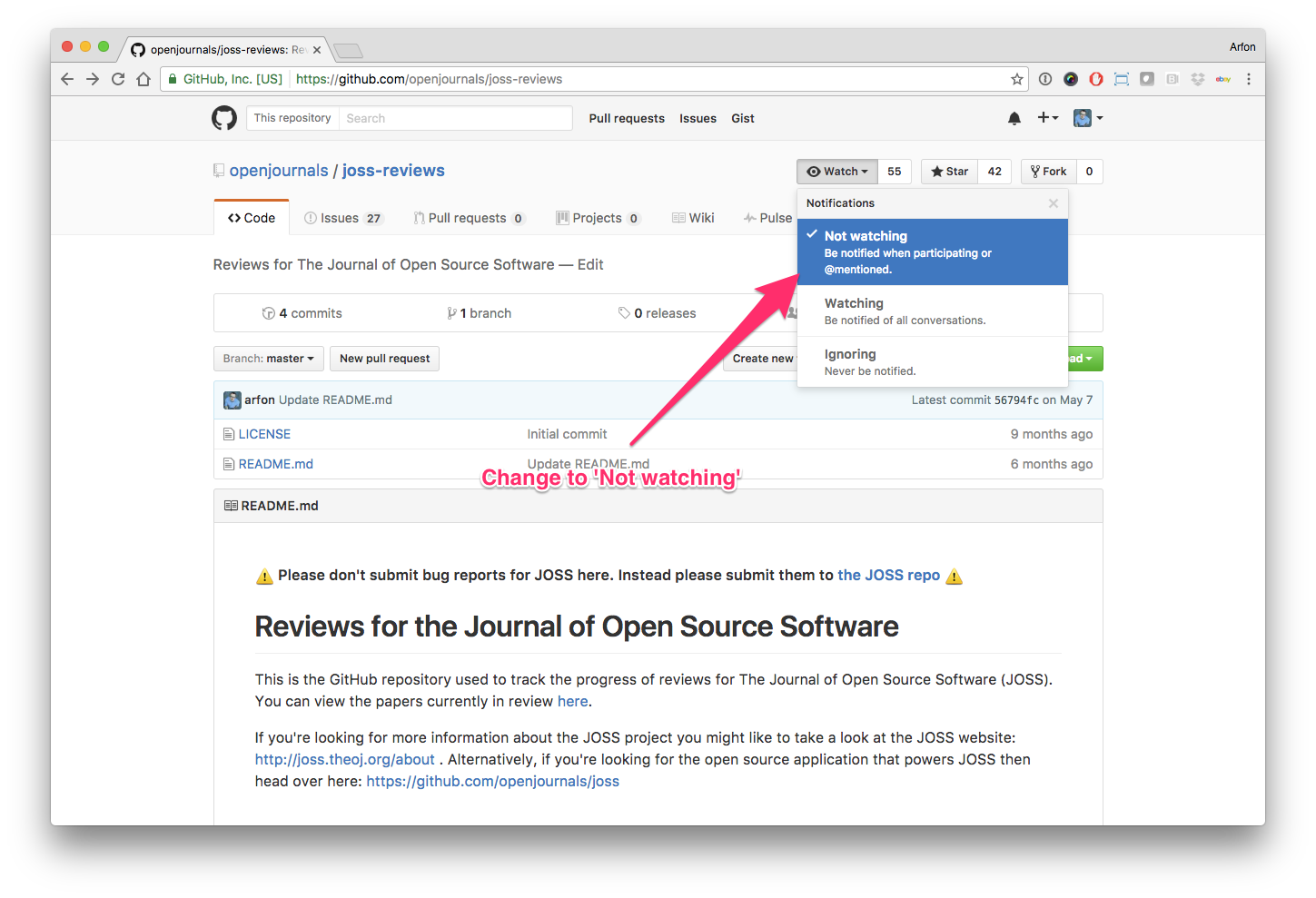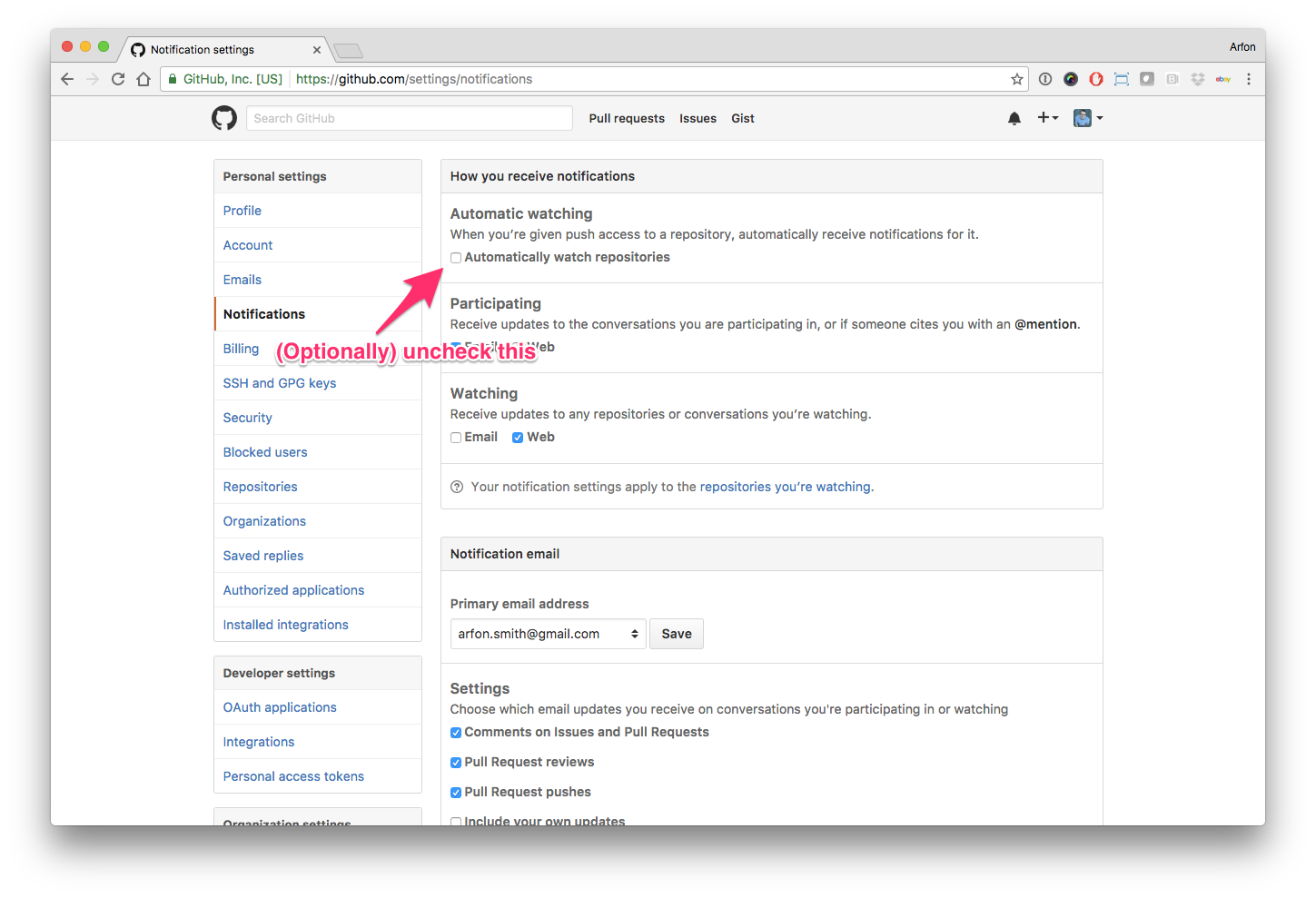Join GitHub today
GitHub is home to over 40 million developers working together to host and review code, manage projects, and build software together.
Sign up[REVIEW]: bifacial_radiance: a python package for modeling bifacial solar photovoltaic systems #1865
Comments
This comment has been minimized.
This comment has been minimized.
|
Hello human, I'm @whedon, a robot that can help you with some common editorial tasks. @wholmgren, @dalonsoa it looks like you're currently assigned to review this paper If you haven't already, you should seriously consider unsubscribing from GitHub notifications for this (https://github.com/openjournals/joss-reviews) repository. As a reviewer, you're probably currently watching this repository which means for GitHub's default behaviour you will receive notifications (emails) for all reviews To fix this do the following two things:
For a list of things I can do to help you, just type: For example, to regenerate the paper pdf after making changes in the paper's md or bib files, type: |
This comment has been minimized.
This comment has been minimized.
|
This comment has been minimized.
This comment has been minimized.
This comment has been minimized.
This comment has been minimized.
|
Acceptance-blocker due to limited/incomplete installation instructions NREL/bifacial_radiance#190 |
This comment has been minimized.
This comment has been minimized.
|
Not exactly an acceptance-blocker, but certainly desirable to understand how the software works NREL/bifacial_radiance#191 |
This comment has been minimized.
This comment has been minimized.
|
Acceptance-blocker due to missing statement of need (or more specifically, intended audience) NREL/bifacial_radiance#192 |
This comment has been minimized.
This comment has been minimized.
|
Not an acceptance blocker, but it will be useful for the authors to elaborate NREL/bifacial_radiance#193 |
This comment has been minimized.
This comment has been minimized.
|
@melissawm It seems there’s a figure missing in the Software Paper. It is present in the repository and it appears when showing the markdown file of the paper in GitHub but it is not rendered when creating the PDF. I'm not sure of the reason for that. |
This comment has been minimized.
This comment has been minimized.
|
@melissawm The license of the software is |
This comment has been minimized.
This comment has been minimized.
I think it does matter, yes. Sorry for not catching this before. @shirubana could you clarify? I'll check about the picture. Thanks! |
This comment has been minimized.
This comment has been minimized.
|
Well the DOI paper was published in 2017 when we started and it seems we changed the license to BSD-3 1 year ago, as per the github history of the file... @cdeline can you confirm if BSD-3 is what we will go on forever now and/or if we need to consolidate? I think a simple solution would be to write a note of the switch on the documentation (maybe on the updates, package overview and/or contribution guidelines). |
This comment has been minimized.
This comment has been minimized.
|
Yes, we’re using a BSD-3 license for the software for now and forever more.
Chris Deline
National Renewable Energy Laboratory
(303) 384-6359
From: Silvana Ayala <notifications@github.com>
Sent: Thursday, November 7, 2019 2:05 PM
To: openjournals/joss-reviews <joss-reviews@noreply.github.com>
Cc: Deline, Chris <Chris.Deline@nrel.gov>; Mention <mention@noreply.github.com>
Subject: Re: [openjournals/joss-reviews] [REVIEW]: bifacial_radiance: a python package for modeling bifacial solar photovoltaic systems (#1865)
Well the DOI paper was published in 2017 when we started and it seems we changed the license to BSD-3 1 year ago, as per the github history of the file... @cdeline<https://github.com/cdeline> can you confirm if BSD-3 is what we will go on forever now and/or if we need to consolidate?
I think a simple solution would be to write a note of the switch on the documentation (maybe on the updates, package overview and/or contribution guidelines).
—
You are receiving this because you were mentioned.
Reply to this email directly, view it on GitHub<#1865?email_source=notifications&email_token=AFRK2OA6BQYCBRYTK7UCXPDQSR7HZA5CNFSM4JJE6BX2YY3PNVWWK3TUL52HS4DFVREXG43VMVBW63LNMVXHJKTDN5WW2ZLOORPWSZGOEDNZXKY#issuecomment-551263147>, or unsubscribe<https://github.com/notifications/unsubscribe-auth/AFRK2OCVSMKMRJGHXQOH5U3QSR7HZANCNFSM4JJE6BXQ>.
|
This comment has been minimized.
This comment has been minimized.
|
@melissawm the COI policy states:
@shirubana was a graduate student at my organization, University of Arizona, from 2012- Dec 2018. So there is 1-2 month overlap over the past year. But, the COI policy also states as an example of when a waiver can be granted:
We knew of each other but very rarely interacted. Different departments, siloed research programs. I wouldn't have any problem providing an impartial review of this paper. |
This comment has been minimized.
This comment has been minimized.
|
Also on the subject of the license, it includes this NREL specific language:
Does this violate the requirement "Does the repository contain a plain-text LICENSE file with the contents of an OSI approved software license?" My own opinion is "no" but seems like a question for the editors. |
This comment has been minimized.
This comment has been minimized.
|
@wholmgren - the conflict you describe is weak enough that it can be waived, but thank you for making this possible issue transparent. |


Submitting author: @shirubana (Silvana Ayala Pelaez)
Repository: https://github.com/NREL/bifacial_radiance/
Version: v0.3.3.1
Editor: @melissawm
Reviewer: @wholmgren, @dalonsoa
Archive: Pending
Status
Status badge code:
Reviewers and authors:
Please avoid lengthy details of difficulties in the review thread. Instead, please create a new issue in the target repository and link to those issues (especially acceptance-blockers) by leaving comments in the review thread below. (For completists: if the target issue tracker is also on GitHub, linking the review thread in the issue or vice versa will create corresponding breadcrumb trails in the link target.)
Reviewer instructions & questions
@wholmgren & @dalonsoa, please carry out your review in this issue by updating the checklist below. If you cannot edit the checklist please:
The reviewer guidelines are available here: https://joss.readthedocs.io/en/latest/reviewer_guidelines.html. Any questions/concerns please let @melissawm know.
Review checklist for @wholmgren
Conflict of interest
Code of Conduct
General checks
Functionality
Documentation
Software paper
Review checklist for @dalonsoa
Conflict of interest
Code of Conduct
General checks
Functionality
Documentation
Software paper